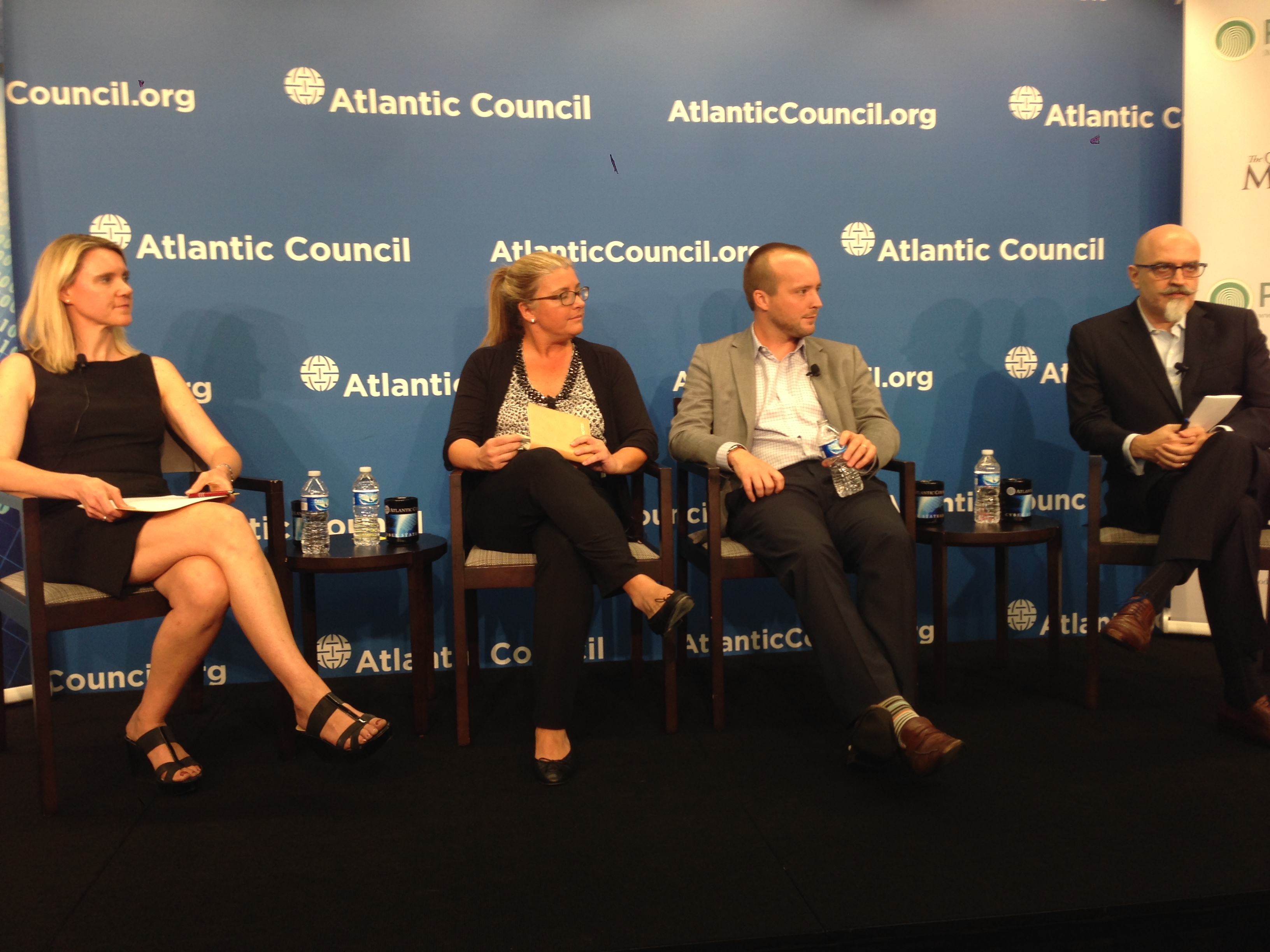WASHINGTON—- With cyber attacks grabbing the public’s attention, calls for retaliation, especially against suspected state-sponsored intrusions, have escalated.
Critics argue that a passive approach by the U.S. government only emboldens perpetrators. Draw a red line, they urge; the massive Office of Personnel Management breach, in particular, warranted a decisive response by the government.
But on the other side, some experts warn that retaliation, in any form, would be shortsighted, simplistic, and unrealistic, potentially undermining America’s interests. The rules of engagement, even informal guidelines, have yet to be written, they say.
Those advocating hacking back say the OPM breach should have been the final straw. But where to strike? The Obama administration has not openly accused the Chinese government,or any government, of being behind the OPM cyber attack.
The OPM, which handles security clearance for federal government employees, discovered in June that the agency had been hacked. The latest figures reveal that records of 22 million workers were compromised.
But Robert Knake, former head of cybersecurity policy at the National Security Council, said those advocating for hacking back are overreacting.
“It’s bad. But it’s not devastating,” said Knake of the names and Social Security numbers exposed by the breach. “The reason it’s not devastating is that we know about it.”
Speaking at an Atlantic Council panel last week debating the consequences of retaliating for cyberattacks, Knake said identifying the breach offers the opportunity to mitigate the damage. Once armed with this knowledge, the government can use the hack to its advantage, he argued.
For example, in the unlikely event that China uses information gleaned from the breach to identify Americans involved in sensitive activities, Knake said the U.S. could respond with misdirection by changing personnel.
Knake said the leaking of classified National Security Agency information by NSA contractor Edward Snowden, changed the norms in cyberspace.
“We are in the post-Snowden period where the whole world knows the U.S. engages in this kind of [surveillance] activity,” said Knake. “That we have a very strong program. And we got through all those disclosures without … Angela Merkel or anyone else declaring that it was an act of war.”
Fighting cyber espionage requires a different skillset than defending against pre-Internet, traditional Cold War espionage, said Austin Berglas, former head of the FBI’s New York Cyber Branch. “Whatever country is trying to steal our state secrets or international property doesn’t have to have a physical body. They can do it from their own home. There is a cloak of anonymity that people can hide behind to deny the actions.”
Unlike the Cold War when the adversary was clear, there are many more nations engaged in cyber espionage. China, Russia North Korea and Iran have all been suspected as culprits.
Jason Healey, senior fellow, at the Atlantic Council’s Cyber Statecraft Initiative, said that in the Cold War, there was a set of unwritten “Moscow rules” illuminating red lines that would not be crossed.
“It wasn’t a treaty, but there was this sense of where each side could go and if they overstep that, than there might be repercussions,” Healey said at the Aug. 19 panel discussion. “We would never kill a Russian. They will never kill an American spy.”
In contrast, Healey said no set of unifying standards exist for resolving cyber espionage conflicts.
“We have had some cyber espionage cases going back to 1986 where the KGB was spying,” said Healey.
In a telephone interview, Daniel Garrie, founder and editor in chief of the Journal of Law and Cyber Warfare, said countries’ varying attitudes towards cyber warfare make it harder to establish standards between the U.S. and other countries.
“Not only is there no playbook for countries and companies looking to respond to a cyberattack,” said Garrie, “but there are arguably a hundred different play-books, for each country, making the appropriate and permissible response all the more challenging, assuming your legal team understands what sort of action you are seeking to take,”
In some countries, Garrie said hacking is “not per-se illegal and it is certainly not taboo or shameful, in fact, it appears in some countries that such activity is encouraged.”
While it would seem tempting to fighting back against perpetrators aggressively, a tit-for-tat approach in the OPM affair, risks giving rise to many more problems than it would solve.

